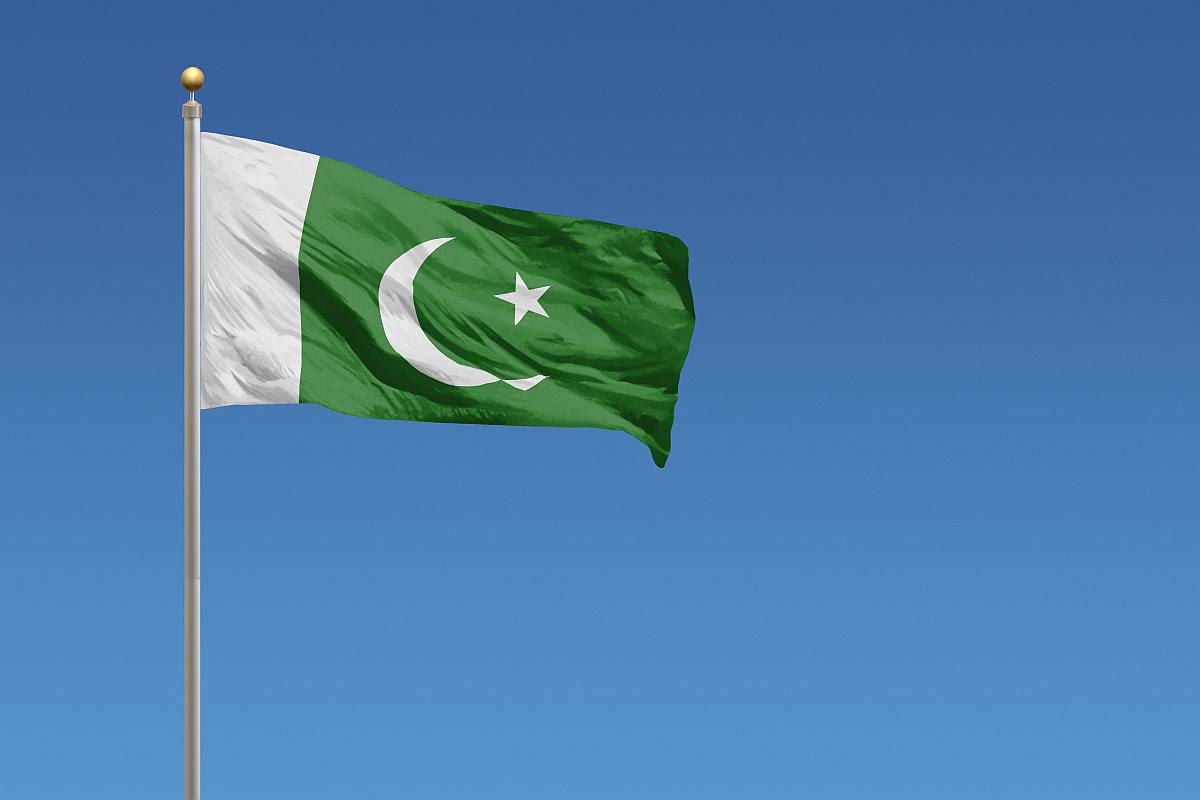Pakistan’s Minister for Science and Technology has said, the country plans to send its first astronaut to space by 2022 with the help of its close ally China. The selection process for the astronaut would start in 2020, Federal Minister for Science and Technology, Chaudhry Fawad Hussain said on Sunday.
China would collaborate with Pakistan in its space mission, Fawad was quoted as saying by the News International reported. He said that initially 50 individuals would be selected after which the list will be shortened to 25 in 2022. And out of them only one would be sent to space.
Advertisement
The Pakistan Air Force would play an important role in the selection process of the astronaut, the report said. He said the collaboration of Pakistan and India in the fields of science and technology could prove fruitful for the region. Fawad said Pakistan was second in Asia after the then Union of Soviet Socialist Republics (USSR), which had sent its rocket into the space in 1963.
Pakistan Space Science Education Center is playing an important role for the promotion of space sciences in the country, he added. Last year, Pakistan launched two indigenously-built satellites into the orbit, using a Chinese launch vehicle.
The satellites were launched on-board the Chinese Long March (LM-2C) rocket from the Jiuquan Satellite Launch Centre located at the Gobi desert, China, The Express Tribune had reported.
One of them was a remote sensing satellite (PRSS1) a dual-purpose Earth observational and optical satellite. The second test satellite launched was a PAK-TES-1A to enhance satellite manufacture capabilities in the country.
However Pakistan has already produced its first astronaut, Namira Salim, the first Pakistani to go to space aboard Sir Richard Branson’s Virgin Galactic which is the world’s first commercial space line. Salim had recently congratulated ISRO’s lunar landing attempt, calling it a “historic attempt.”
“I congratulate India and Isro on its historic attempt to make a soft landing of the Vikram lander at the South Pole of the Moon. The Chandaryaan-2 lunar mission is indeed a giant leap for South Asia which not only makes the region, but the entire global space industry proud.”
